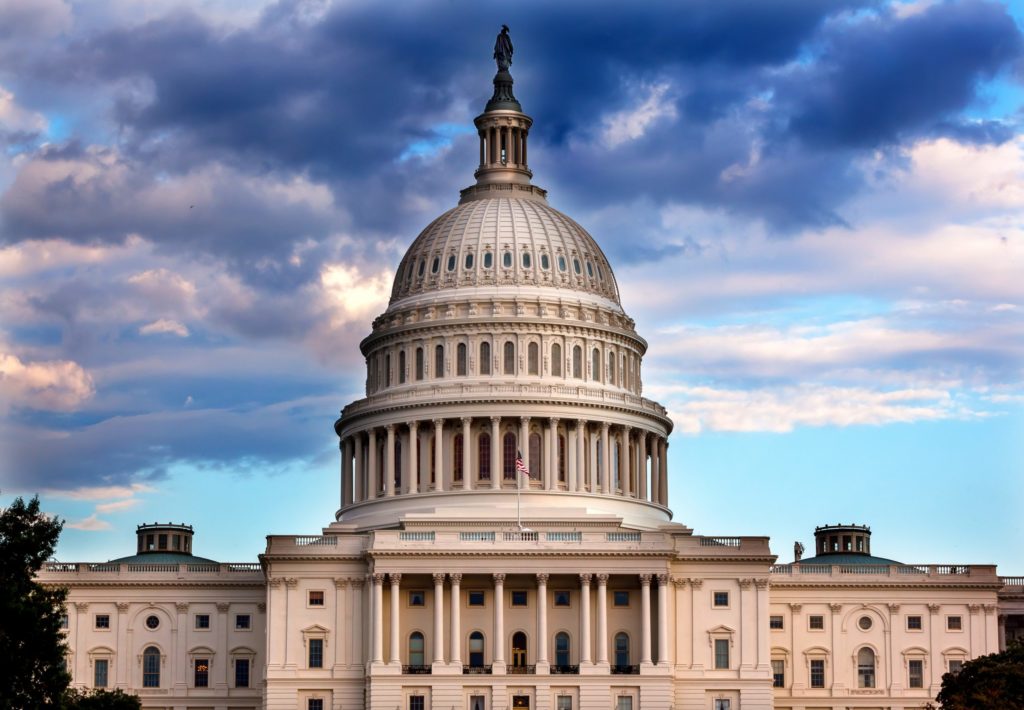Finding a path for pot in the post-criminal world
Pot smokers with no medical justification finally broke through in November in a couple of states where citizen-initiated lawmaking allowed the state’s voters to decide to allow recreational marijuana use for residents over age 21. The new laws provide for regulation and taxation of retail sales of the popular entry-level drug cannabis, and campaigns adopted the theme that it is time to treat marijuana like alcohol for regulation and like traffic tickets for punishment. Most Americans seem to be on-board with the idea that drug abusers need doctors more than jail time.
Added to these social compact analogies, there was an underlying tone – actually explicit arguments made – of financial gain to the state. Colorado is projecting a $60 million net revenue gain by savings in the courts and enforcement effects and new excise taxes on sinsemilla, hashish or whatever. Working groups are now trying to figure out the state tax, since under Colorado’s Constitution, the people have to approve the tax after it has been fashioned by the Legislature. If a tax is passed, the new law directs that the first $40 million will be dedicated for the construction of public schools.
Washington will definitely impose a 25% tax on sales, and is also gearing up to test plant batches independently for quality, since nobody has yet figured out how to control the amount of the key active ingredient, Tetrahydrocannabinol or THC, in any particular plant or garden. The majority of the revenue netted from the marijuana sales is dedicated generally to health and substance abuse programs.
To be sure, there are some loose ends at-play and one of them is that possession and dealing of dope is still a federal crime. Even with these more liberal laws in a couple states, it is also a state crime everywhere for larger amounts of product and dispensing. (Apparently the U.S. Attorney General is still considering how to enforce existing federal law relating to possession in states with these newer approaches.)
The current New Jersey law, for instance, can jail pot smokers for up to six months as they contemplate the loss of their driver’s licenses, $1,000 fines and rap sheets. The law under consideration this week in the New Jersey Assembly would replace this with a $150 fine for adults, raised to $500 for subsequent offenses. Jail terms and criminal records would be eliminated for possession of less than a half-ounce of product.
Is this enlightened? I suppose so, on account of the enforcement expense, and the personal tragedies by the truckload of mostly capable people losing jobs and even their families and children because of current drug laws. At the same time, the drug laws are mostly on the books because of drug addiction, a challenge to nearly every other part of the social fabric that government is there to support: not just criminal justice and corrections, but health care, education, housing and transportation.
Transportation, you ask? Well, my friends at the Ohio Trucker’s Association claim that we could legitimately employ another 20,000 truck drivers in Ohio and Indiana right now. Half of the applicants leave the room as soon as a drug test is mentioned. Can you think of any important job in this country where you wouldn’t have to be bonded currently to perform its duties? Will drug tests be declared discriminatory now in these states or made voluntary?
Allowing more Americans to become unfit for the workplace carries a cost, so I am not one to pronounce “win-win” for these citizen-authored policies just yet. I don’t see responsibility keeping pace with the new freedoms, and I really don’t want to be driving next to any baked cowboys riding 80,000-pound rigs.









